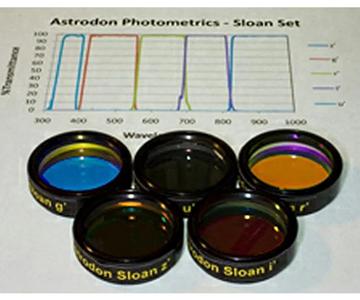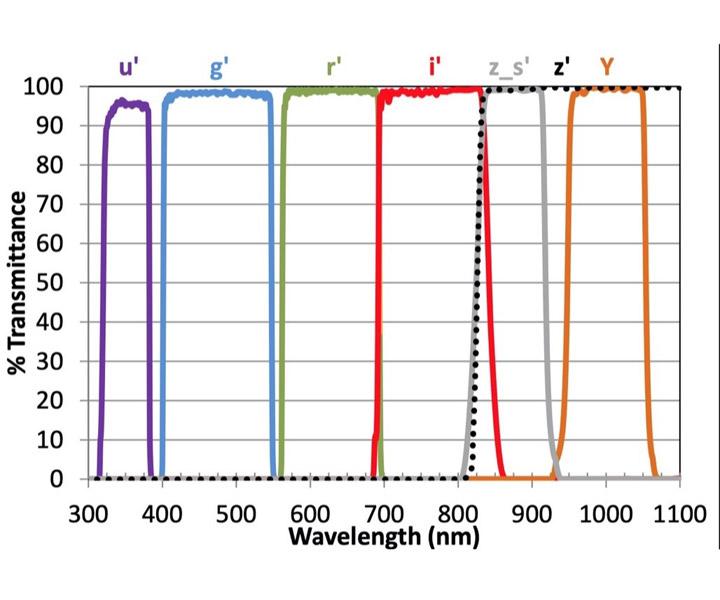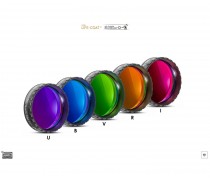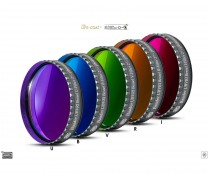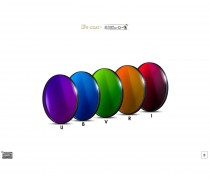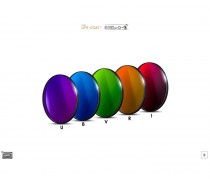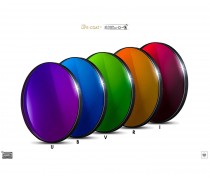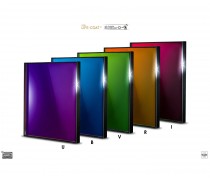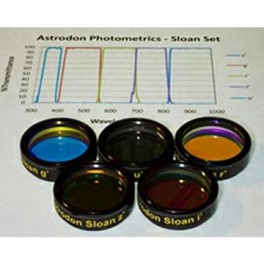 Ingrandisci
Ingrandisci Astrodon 1,25" Sloan Gen2 y Filter
Teleskop Service
- Rimuovi questo prodotto dai miei preferiti
- Aggiungi questo prodotto ai miei preferiti.
- Stampa
Astrodon Photometrics filters follow Sloan DSS specifications as closely as possible. The coating increases long-term stability and transmission.
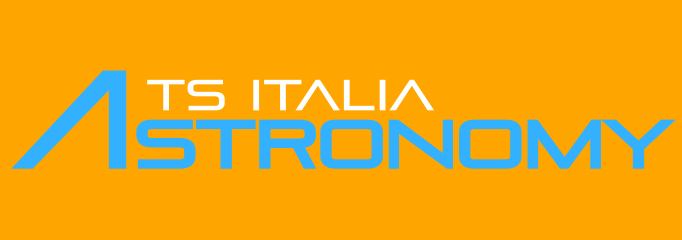
![[USATO] Fornax 52](https://www.teleskop-express.it/img/p/9/9/2/6/9926.jpg)
![[USATO] Astrografo RASA 11″](https://www.teleskop-express.it/img/p/9/1/8/7/9187.jpg)
![[DEMO] Camera QHY 268 Mono BSI](https://www.teleskop-express.it/img/p/6/5/0/1/6501.jpg)

